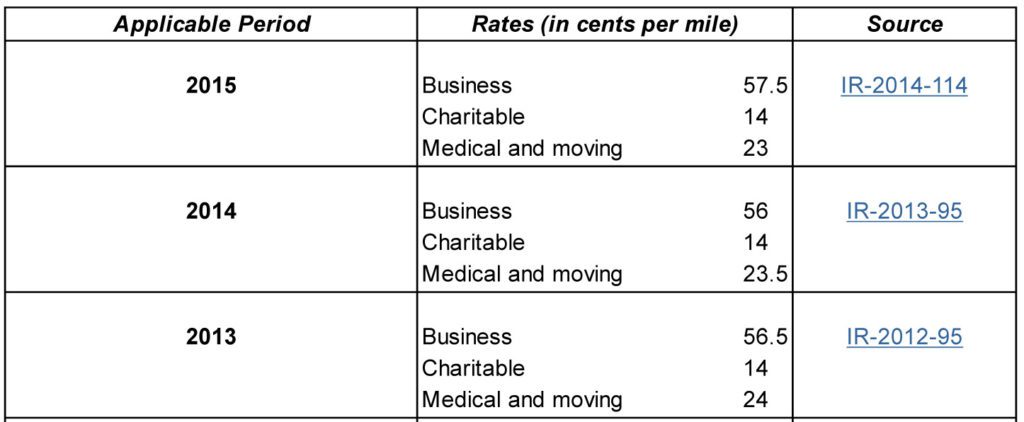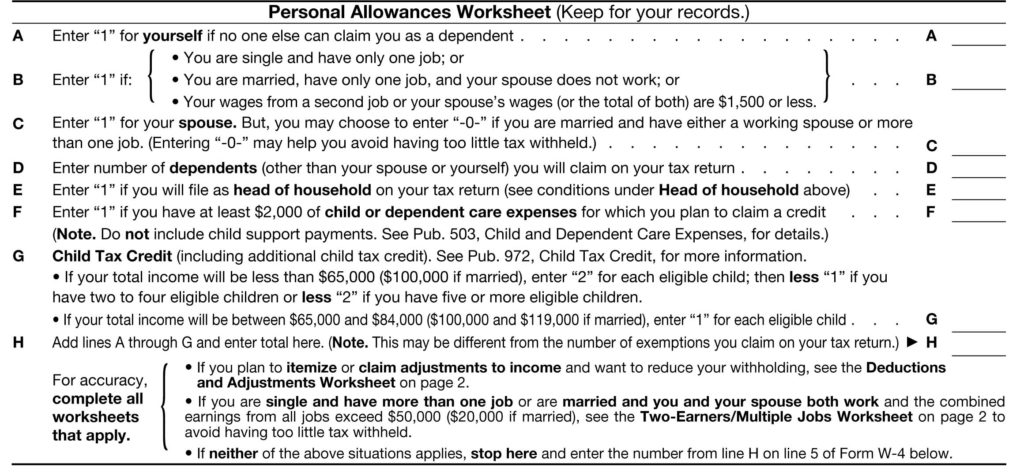We live in a global society. As a CPA I am constantly traveling to meet clients or attend tax conferences. If your trip is set up properly, you can reap the tax benefits of travel while still making time for pleasure. I’ve assembled this short blog with some of the highlights every business owner should know.
The regulations on travel can be quite complex and dry, so I will try to make this post as digestible as possible. The IRS travel rules can be beneficial for every business, but are especially important for small business owners and those who are self-employed.
The most important rule to remember is that a business can deduct 100% of the round-trip transportation costs for a trip undertaken primarily for business. This means if John flies from Austin to Denver for a 5-day business conference and spends 2 days exploring Denver for pleasure, he may still deduct the entire round-trip airfare, giving him a tax-subsidized mini-vaca. Its important to note that the rules vary slightly for individuals employed by a corporation.
If the trip is undertaken primarily for personal reasons, but there is some business being done during the trip, only business related meals and lodging are deductible as travel expenses.
One of my favorite rules in the code I like to refer to as the “sandwich rule”. If you are traveling out of town for a meeting that straddles or “sandwiches” the weekend, you may be entitled to business deductions on Saturday and Sunday, even though you are not satisfying any business purpose. As a small business owner, let’s say you have meetings on Thurday, Friday, and Monday. You fly to Austin Wednesday night, and stay until Monday night, because flying back and forth out of Austin would not be cost efficient under the “common sense test”. You spend the weekend in Austin rockin’ out at ACL, and get to deduct Saturday and Sunday lodging and 50% of meal expenses as well! Not bad.
Okay, now lets say you want to take your spouse with you. While the expenses your spouse incurs are not deductible (unless they are an employee and serve a bona fide business purpose), a tax benefit still exists. The travel deduction isn’t limited to 50% of the trip expenses, but rather what the trip would have cost if the taxpayer decided to travel alone. To illustrate this concept, lets say that you need a rental car while in Austin for business; 100% of the rental vehicle would still be deductible because its the same price if you were traveling alone.
The best part about these rules is that travel outside the U.S. is generally treated the same as travel within the U.S.
Be on the lookout for a follow up blog on business travel in the next few days where I will show you even more ways to deduct travel for pleasure!
For more information on travel tax benefits available to companies and self-employed individuals, feel free to contact me at paul@launchconsultinginc.com


